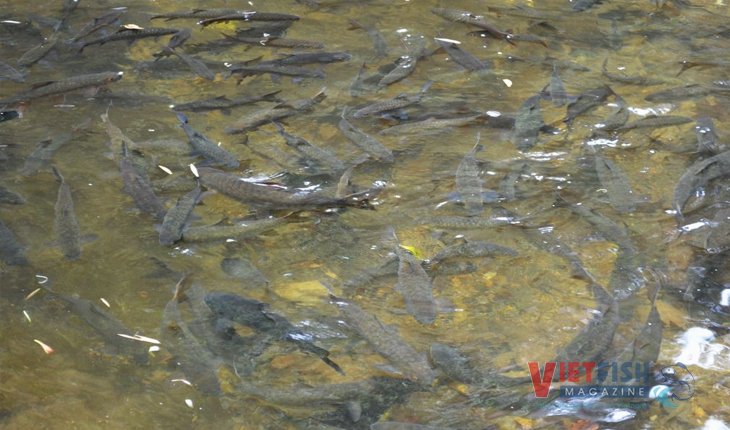2024: A breakthrough year for Vietnam’s agriculture
Vietnam's agriculture sector is poised for significant growth in 2024, with production value expected to rise by over 3.2% and export revenue from agriculture, forestry, and fisheries projected to exceed USD 62 billion, a remarkable 18% increase from 2023.
On December 16, the Ministry of Agriculture and Rural Development (MARD) held a conference to promote agricultural exports, conducted both in person and online.

At the event, Ngo Hong Phong, Director of the Department of Quality, Processing, and Market Development under MARD, emphasized the transformative year for Vietnam’s agriculture. He highlighted that 11 agricultural products maintained export values exceeding USD 1 billion, with seven of them surpassing USD 3 billion. Key contributors include wood and wooden products (USD 16.1 billion), fruits and vegetables (USD 7.1 billion), rice (USD 5.7 billion), coffee (USD 5.4 billion), cashews (USD 4.3 billion), shrimp (USD 3.8 billion), and rubber (USD 3.2 billion). Notably, exports of coffee, rice, cashews, and pepper posted double-digit growth, with coffee leading at 56.9% and pepper at 53.3%.
To sustain and enhance production and export stability, Ngo Hong Phong called for continued agricultural restructuring. Priority should be given to key sectors like rice, seafood, and fruits and vegetables by focusing on improving quality and efficiency.
He also recommended strengthening policies to support processing industries, expanding large-scale raw material zones, and fostering clusters that link production, processing, and consumption. These measures aim to elevate product quality, value, and competitiveness in both domestic and international markets. Additionally, building value chains for specific agricultural products, coupled with investments in logistics infrastructure, is vital for sustainable growth.
Local authorities were urged to provide training and guidance to enhance producers’ and traders’ awareness, skills, and market access capabilities. This includes fostering market-oriented production and protecting product brands against international trade disputes and safeguard cases.
Deputy Minister of Agriculture and Rural Development Phung Duc Tien attributed the sector’s current momentum to years of restructuring and the application of science and technology. Efforts to mitigate salinity, develop raw material areas linked with processing, and expand export markets have propelled sustainable growth. Additionally, numerous trade agreements have laid a solid foundation, facilitating bilateral trade growth and enabling the agriculture sector to achieve breakthroughs in export value.
VFM






